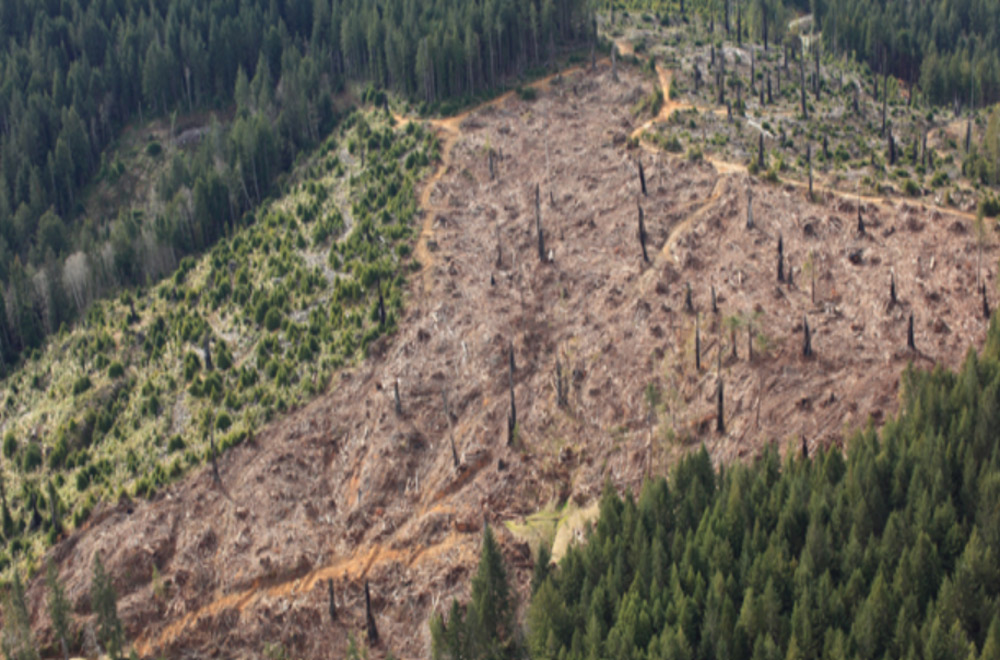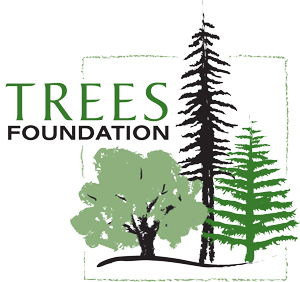EPIC in Court to Stop 7,000 Acre Timber Sale On the Mendocino National Forest as Forest Service Attempts to Bypass Federal Law

Environmental Protection Information Center
By Tom Wheeler
EPIC is back in court, this time to stop a 7,000 acre timber sale on the Mendocino National Forest that skirted environmental laws to fast-track logging. Taking a page from the Trump playbook, the Mendocino National Forest is calling this timber sale “road maintenance,” which is not only an attempt to hide environmental impact, but also a way to shortcut public participation in the management of public lands. EPIC has filed a lawsuit and is seeking a preliminary injunction to stop logging and to preserve the public’s right to disclosure of impacts and participation in decision making.
All Forest Service timber sales are subject to the National Environmental Policy Act (NEPA). The core of NEPA is a requirement that agencies take a “hard look” at the environmental impacts of their proposed actions. This is typically accomplished through an environmental impact statement or environmental analysis. The timber sale was approved using what is called a “categorical exclusion.” Categorical exclusions do not require environmental impact review or public comment, because they are only intended for activities that have a very low risk of causing a significant impact—things like mowing the lawn or painting a building.
Here, the Forest Service argues that a commercial timber sale is “road maintenance” because the logging would remove dead and live trees affected by the 2018 Ranch Fire along roads, reducing the odds that the trees may fall and block the road. A separate categorical exclusion exists for post-fire logging, although that is limited to 250 acres, as anything larger in scale is assumed to be able to produce significant impacts to the environment. All timber sales in this proposed project are larger than 250 acres.
Furthermore, many of the roads proposed for logging are closed to motor vehicle use; much of the logging would remove living trees that are not at risk Conservation Partner Organizations at Work Mendocino National Forest dozer lines are linear clearcuts, harmful to wildlife and ecosystems and ineffective at stopping fires. p hoto by EPIC Page 34 Forest & River News a Winter 2019 Conservation Partner Organizations at Work for falling onto the road; and logging areas include trees downhill from roads, where they cannot block a road when they fall. In other words: the Mendocino National Forest is exaggerating safety risks to fast-track logging.
EPIC has been on the ground to document this fraud. What we saw shocked us. Green trees that survived the fire marked for harvest; slash piles chock full of green limbs; and exposed mineral soils churned and compacted by heavy earth machines. Clearly the intent is to log and not remove safety hazards as large, fallresistant trees were removed but small trees, which are more likely to topple in the imminent future, were left standing.
Science has widely recognized that postfire logging is especially impactful, as logging adds an additional disturbance on top of the effects of the fire. Post-fire logging often results in degraded water quality, the spread of invasive plants, and loss of habitat for rare, threatened and endangered species. It can also increase the risk of high-severity fire since logging leaves behind a buildup of slash and finer “fuels”—something particularly on the minds of Californians after the Kincade Fire in Sonoma County. If agencies are allowed to use a categorical exclusion instead of an environmental impact statement, these impacts may never be adequately examined, and measures to reduce harm through better project design will not be incorporated.
The Mendocino National Forest is not alone. This practice of mislabeling timber sales to avoid public scrutiny is now widespread. 2019 saw similar projects on the Klamath National Forest and ShastaTrinity National Forest. If left unchecked, we expect this practice to only continue to grow. EPIC hopes that our lawsuit will put an end to this practice, not only in the Mendocino National Forest, but in all National Forests, by setting precedent that this mislabeling violates the law.
EPIC is represented by René Voss of Natural Resources Law and Matt Kenna of Public Interest Environmental Law. The case will be heard in the Northern District Court of California.
For more information: wildcalifornia.org
